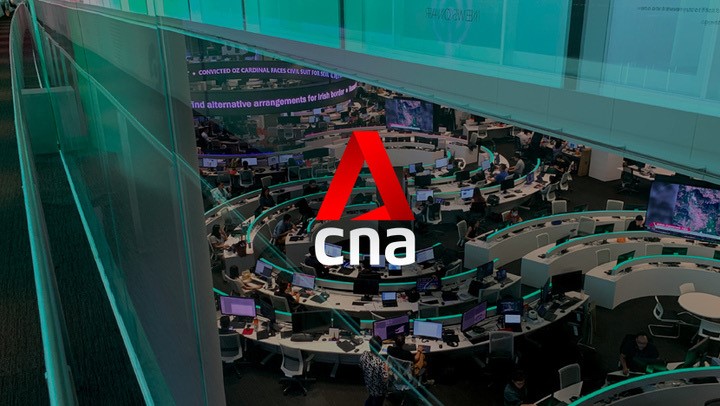TOKYO: Three officials told Reuters that Japan is stepping up diplomatic efforts to control digital currencies around the world, indicating the government’s growing concern that a proliferation of new forms of private money might upend the financial system. Tokyo is lagging behind in a worldwide debate among financial authorities over tightening regulations on private digital currencies.
Regulators from the Group of Seven industrial powers and the Group of Twenty major economies have asked for tighter controls on “stablecoins,” which are a type of cryptocurrency that is often tethered to a national currency.
Japan’s Financial Services Agency (FSA) formed an unit to monitor digital currency regulation last week, and the Ministry of Finance is considering adding staff, according to sources who spoke on the condition of anonymity owing to the sensitivity of the topic.
“With worldwide advancements in digital currencies advancing at such a quick pace,” one official remarked, “Japan can no longer leave things unchecked.”
The initiative by government bureaucracies supports the Bank of Japan’s efforts to issue a digital yen, which it believes might serve as a safer alternative to commercial settlement methods.
Regulators throughout the world are concerned about the rise of big-tech retail settlement platform companies who are not subject to traditional banking regulations. If they offer a variety of settlement options based on private digital currencies, regulators’ grip on financial regulation will be weakened. If stablecoin payments become extensively utilized, the Bank of England said last month that they should be regulated in the same way as bank payments are. Jerome Powell, the chairman of the Federal Reserve in the United States, has also advocated for further regulation, warning that cryptocurrencies pose a risk to financial stability. WARY REGULATORS The new FSA unit, which was established on July 8, would also regulate “decentralised finance,” which is a blockchain-based type of money that does not rely on central financial intermediaries, according to officials. To lead the section, the agency created a new job.
According to officials, the finance ministry is considering boosting headcount at an existing section to beef up control of digital currencies. According to them, the ministry would submit a budget request by August. A request for comment from the finance ministry was not immediately returned. An FSA official confirmed the creation of the new section, but said no decision on the scope of its operations had been made yet. Stablecoins are cryptocurrencies that are designed to have a steady value when compared to traditional currencies or commodities like gold, in order to minimize the volatility that makes bitcoin and other digital tokens unsuitable for most transactions. Stablecoins have yet to gain popularity in everyday transactions, but a plan by Facebook to develop a digital currency for use on its services scared international financial regulators in 2019. They are concerned that if private digital money develops too large, it could split the financial system of a country. Experts also believe that cryptocurrencies are being used for money laundering and tax avoidance due to a lack of transparency. Tokyo authorities have increased coordination on digital currency research and the possibility of introducing a central bank digital currency. In March, the BOJ established a group comprised of MOF and FSA officials, as well as banking and finance lobbyists, to discuss information on such a currency. (Leika Kihara and Takaya Yamaguchi contributed reporting; William Mallard edited the piece.)/n


